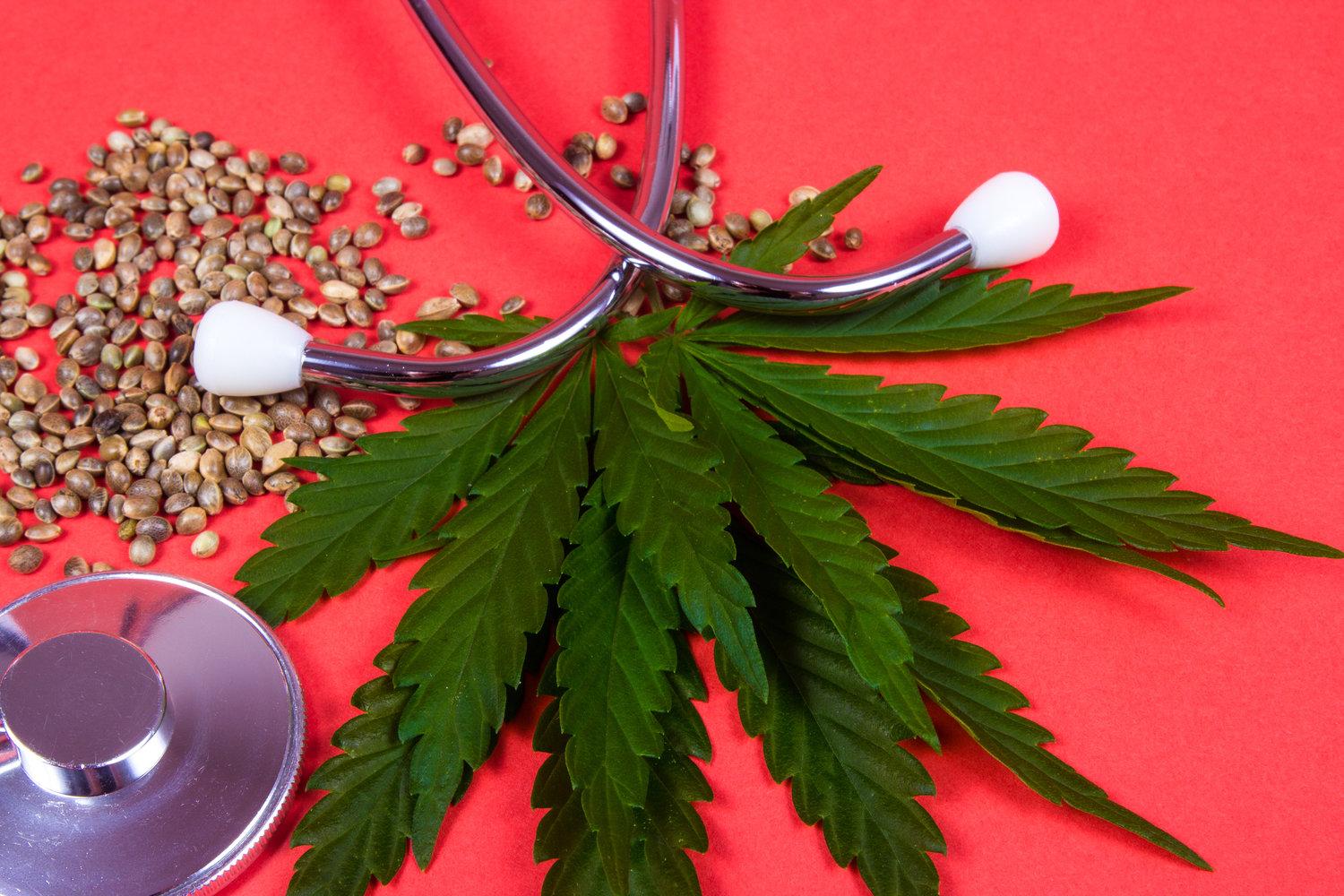I’ve been suffering from anxiety for a few years now but haven’t been able to benefit from common treatments. For instance, I’m highly allergic to the active chemical compounds found in Buspirone.
Alternatives haven’t been an option until I arrived at college. That is because my mom is extremely apprehensive towards barbiturates, benzodiazepines, and other prescription medications that are much more addictive. I was about to consider them now when it dawned on me that I could also try medicinal marijuana.
The biggest problem is that I know nothing about weed aside from what the media would have me believe combined with my parent’s conservative worldviews. At this point, as a young adult, I’m ready to make my own decisions and that means exploring all possible options.
I’m hoping someone familiar with medicinal marijuana could offer insight. Anyone who could explain the basics would be much appreciated, especially since I’m still slightly nervous about getting too high by mistake.
Searching for a more educated perspective is definitely a good decision. As you can probably imagine, the nature of using cannabis for any reason whatsoever is often shrouded in controversy. Our prolonged war on drugs and the scheduling defined by the Controlled Substances Act (CSA) have much to do with that reality. The mass media often worsened the situation by fueling the fire with widespread mischaracterization. That is really the tip of the proverbial iceberg.
Eric Killelea at Rolling Stone emphasized as much while explaining why it is so hard to study pot. “Studies require approval from three federal agencies before moving forward on a clinical trial,” wrote Eric while citing a prominent reformist leader. Those federal bodies include the Drug Enforcement Agency (DEA), the Food and Drug Administration (FDA), and the National Institute on Drug Abuse (NIDA). In other words, the process is laden with excessive red tape and unreasonable expectations. Fortunately, the narrative isn’t all doom and gloom. Meaningful changes could be right on the horizon.
One compelling report that studied the impact of cannabidiol (CBD) on anxiety disorders was published a few years ago by researchers at the National Institutes of Health (NIH). “Preclinical evidence conclusively demonstrates CBD’s efficacy in reducing anxiety behaviors relevant to multiple disorders,” argued the authors. “Including PTSD, GAD, PD, OCD, and SAD, with a notable lack of anxiogenic effects.” That is some promising news for anyone suffering from not only anxiety, but a host of other severe disorders. Even better is the fact that there are few adverse side-effects that accompany CBD.
It is also important to recognize that consuming CBD produces no psychoactive results like its counterpart, THC””meaning it would be impossible to accidentally get too high. The science of why CBD interacts with your body differently than THC was described relatively well by Aaron Cadena on his Medium blog. Suffice it to say that despite sharing nearly identical chemical compositions, the two behave very different when consumed by us humans. That should help dispel some of your own apprehension, and it doesn’t stop there.
Remember that the medicinal marijuana industry has been around for years in certain states. This means consumers can benefit directly from a wider variety of premium products. Anyone trying to avoid smoke inhalation can easily do so by relying on alternative products. Edibles, tinctures, and powders, among others, make excellent options. CBD Oil Solutions is an ideal resource for anyone exclusively interested in those types. That being said, the trick is rarely deciding on how to administer CBD, but rather trying to identify the appropriate dosage to achieve the desired outcome. There is no real substitute for deliberate and careful experimentation, but that doesn’t mean it wouldn’t be prudent to consider separate accounts.
Only you can know what remedy is the best fit because only you live with your own anxiety. Keeping an open mind should serve you well so long as you remain committed to adequate due diligence. Invest the effort necessary to draw your own conclusions and take it from there. There are few plans better than that.




